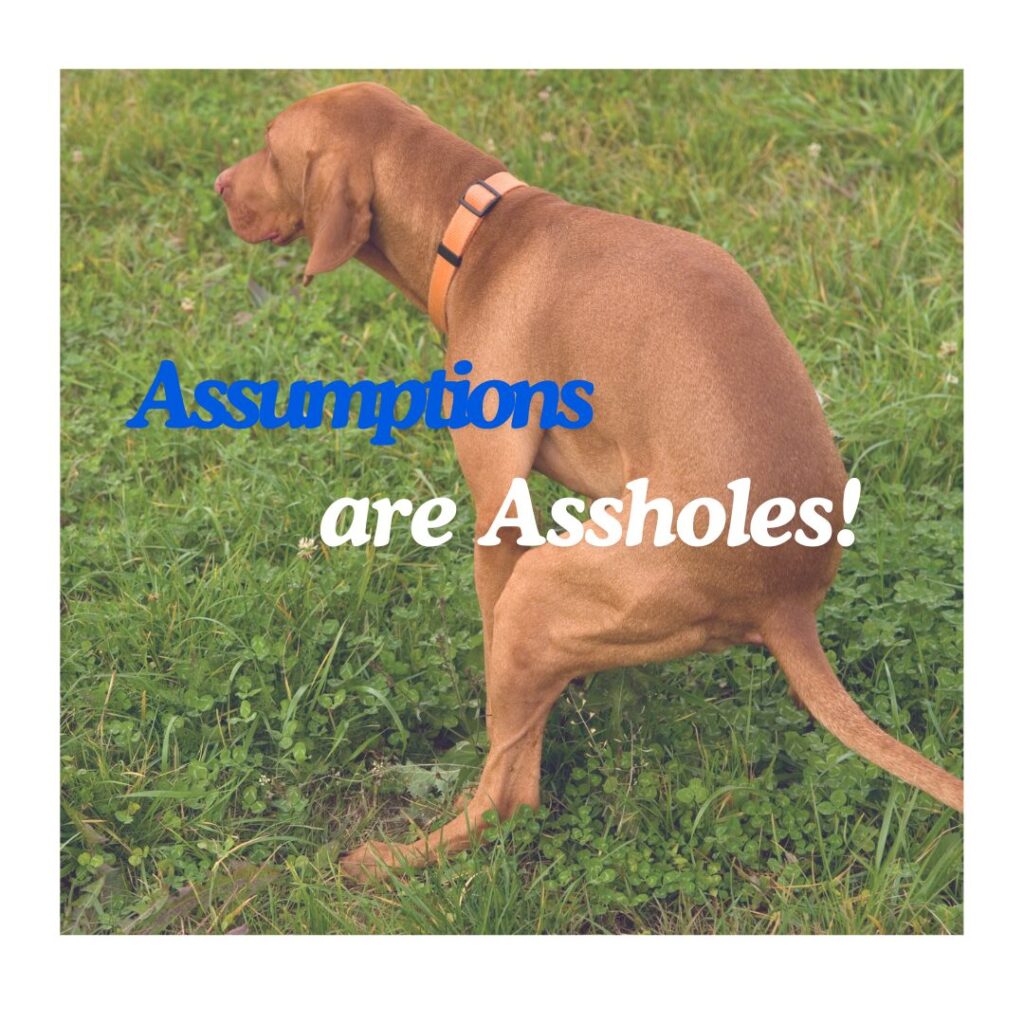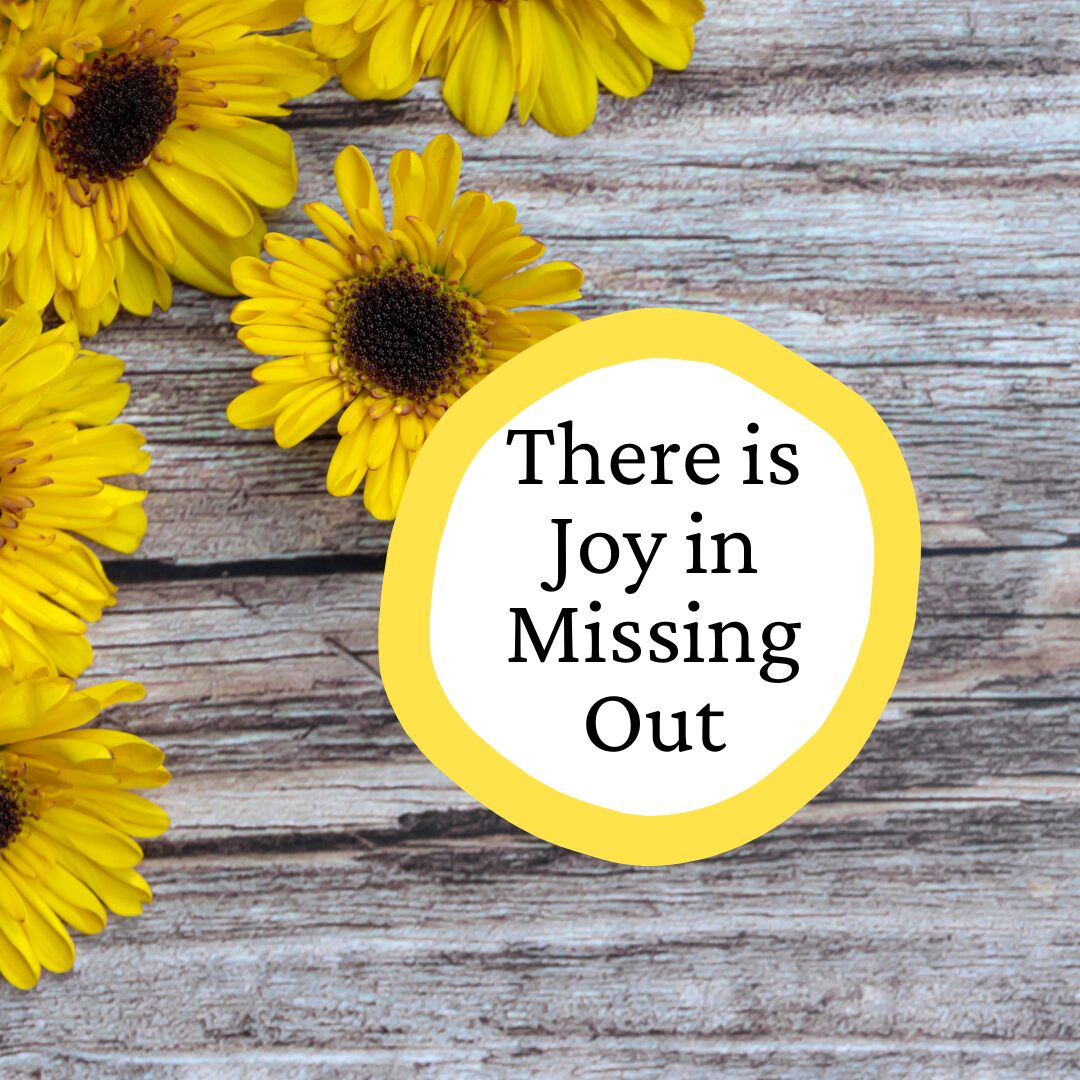I was recently out walking my dog on a popular trail in Northern Arizona.
I had just finished my hike with my two dogs, and was giving them water when I noticed a man moving swiftly in my direction. He looked very upset and angry, and as he approached me and my dogs, he said to me, “It’s bullshit that you don’t pick up your giant dog sh*t…..” and this is where I lose what he was saying to me. My brain went into fight or flight and I eventually froze up. Luckily, my husband was with me and calmly held up two dog poop bags full of poop that I had packed out and asked, “You mean this poop?” You could see the cognitive dissonance written all over his face. He had just assumed poop he saw on the trail was from my dogs because he saw me walking two big dogs.
He stammered, looked embarrassed, and said (this is verbatim); “Oh, okay good. You should pick up after your dog” and walked away.
I love this example of how our brains are notorious for making assumptions, and how really inaccurate most assumptions turn out to be.
So why do our brains love to make assumptions? Well, it turns out it makes assumptions for many good reasons such as:
Cognitive shortcuts: Our brains are wired to simplify complex information. Assumptions help us make quick decisions without analyzing every detail. This kept us safe in the past when we had to determine in a split second if something was friend or foe. In my scenario, the gentleman saw me and my two dogs and made the snap judgment that it must have been me who left the poop on the trail.
Past Experiences: These shape how we interpret new situations and new information. If something similar happened before, we may assume it will happen again. Possibly my dogs or I reminded him of a previous similar non pooper-scooper.
Social cues: People often rely on body language, tone, and context to infer meaning, leading to assumptions about others’ intentions or feelings. I picked up on his anger and accusatory tone quickly and that kicked my amygdala into high gear. He must have assumed my state of being relaxed and in nature equaled not caring about being appropriate.
Lack of information: When we don’t have all the facts, we fill in the gaps with our own beliefs or biases. Dr. Brene Brown wrote in her book Rising Strong, “In the absence of data, we will always make up stories”. Meaning we feel in the gaps, and in case you were not aware, we are horribly inaccurate in creating those stories in our head.
Cultural influences: Societal norms and cultural backgrounds can lead to generalized assumptions about people or situations.
Emotional responses: Strong emotions can cloud judgment, prompting us to jump to conclusions. This seems very likely what was happening in my scenario. He either stepped in the poop or just seeing the poop on the trail triggered his anger, frustration, and disgust, and I was likely the first target he set eyes on that made sense for the poop in the trail. It was likely his Anterior Cingulate Cortex (ACC), the region of the brain involved in conflict monitoring and decision-making, playing a role in evaluating different perspectives and weighing evidence before forming an assumption. He saw the poop and got triggered. Then, saw me and my two dogs and made a snap judgment which led to a confrontation about the injustice on the trail. Except he was wrong, like really wrong. I am very respectful of trails and spaces and I always pick up after my dogs. Always. This man was just way off, and proved the point again, that assumptions are assholes!


